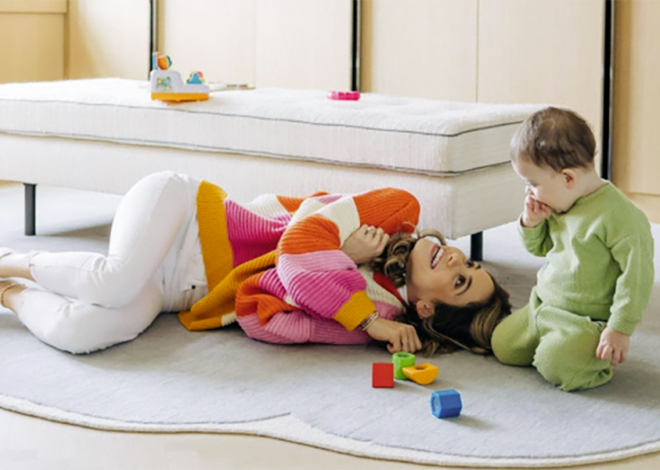This issue is relatively new to us, but our son has a
pretend best friend.
What should parents of
an autistic do if their child has a pretend best friend?
Here’s one problem: Our
autistic kids have trouble making REAL friends. They take a long time to learn
how to behave socially and their peers often think they’re “weird.” It is
relatively easy for an autistic child to “turn off” his peers because they
don’t understand them.
Hopefully, our kids learn how to make friends. They may
become part of a group or have one or two friends. Either way, they have
learned how to have a friend and we consider that a success.
So, what happens when our kids are learning how to make
friends, learning important social skills, but they decide to invent a friend?
What does that mean?
We are in the middle of this dilemma. Should we tell our
autistic child that it’s not okay to have a best friend? I’m a writer and
besides this blog, I write fiction. I make up characters and think about them
often. I may not talk to them, but fiction is a part of my life. Should I
stifle my own child’s creativity because he is autistic?
My son is learning to how have friends, he knows a lot of
people but if you ask him he’ll say he doesn’t have a REAL best friend. He’ll
list who he knows but will not say anyone of that list is really his friend. He
likes all of his peers. He never has a bad word to say about any of them.
Learning to play well with his peers has been a slow process
for my son due to his autism. He has attended a social group for several years
but the process has been slow.
In the middle of all of this, about a year ago my son
admitted he had invented a best friend. We didn’t know what to do with this
information. What is the best thing to do?
Also, he had made up an elaborate world for this pretend
friend that is very creative. Talking to his pretend best friend, or having the
pretend best friend talk us to, makes him very happy. He will ask us if it’s
okay if the pretend friend speaks to us, and sometimes we agree to it.
But, are we doing the
right thing allowing the pretend best friend to exist?
In some ways, I don’t think this situation is wrong. It is pretend
play.
How do we handle it?
We check in with him every once in a while. For example, I
will say to my son, “You do know that __________ is pretend, right?”
He answers, “Yes, Mommy, I know _________ is pretend but I
like it.”
I believe checking in with him on this issue every once in a
while is important. I need to make sure my child understands that a pretend
friend is not a real friend and the point is for him to have REAL friends. I
want him to understand the difference.
Now, add in autism. Perhaps any friend is a good idea for my
son or the opposite – that allowing him to have a PRETEND best friend is
hindering his learning.
I have tried to be careful to not encourage the pretend
friend, but I haven’t really stopped it, either. Besides checking in with him,
what should I do?
First, I make sure the pretend friends stays at home.
Early on, my son mentioned the pretend best friend at school
once or twice. His aide reported this to us and we had to talk to him. We
explained that at his age (ten), his peers don’t react well to pretend friends.
That’s a younger kid thing.
We had to come to an agreement that he NOT mention his
pretend friend at school.
Still, it is a good
idea to allow a pretend friend?
I’m torn on this issue. Again, I am a writer and make up
people all the time. Yet, I have a child with autism and perhaps allowing him
to have a pretend friend isn’t the best idea in the world.
I am really not sure if there is a right or wrong here. We
continue to check in with him, however I have to admit I enjoy the world he created.
As long as the pretend friend stays at home, we’re allowing it for now. Plus,
we are NOT setting a place at the dinner table for the friend.
Should we have a time table? Should I tell my son that the
pretend best friend has to go away in six months or a year? Can stifling it
backfire
In my next blog, I will discuss this issue further.





